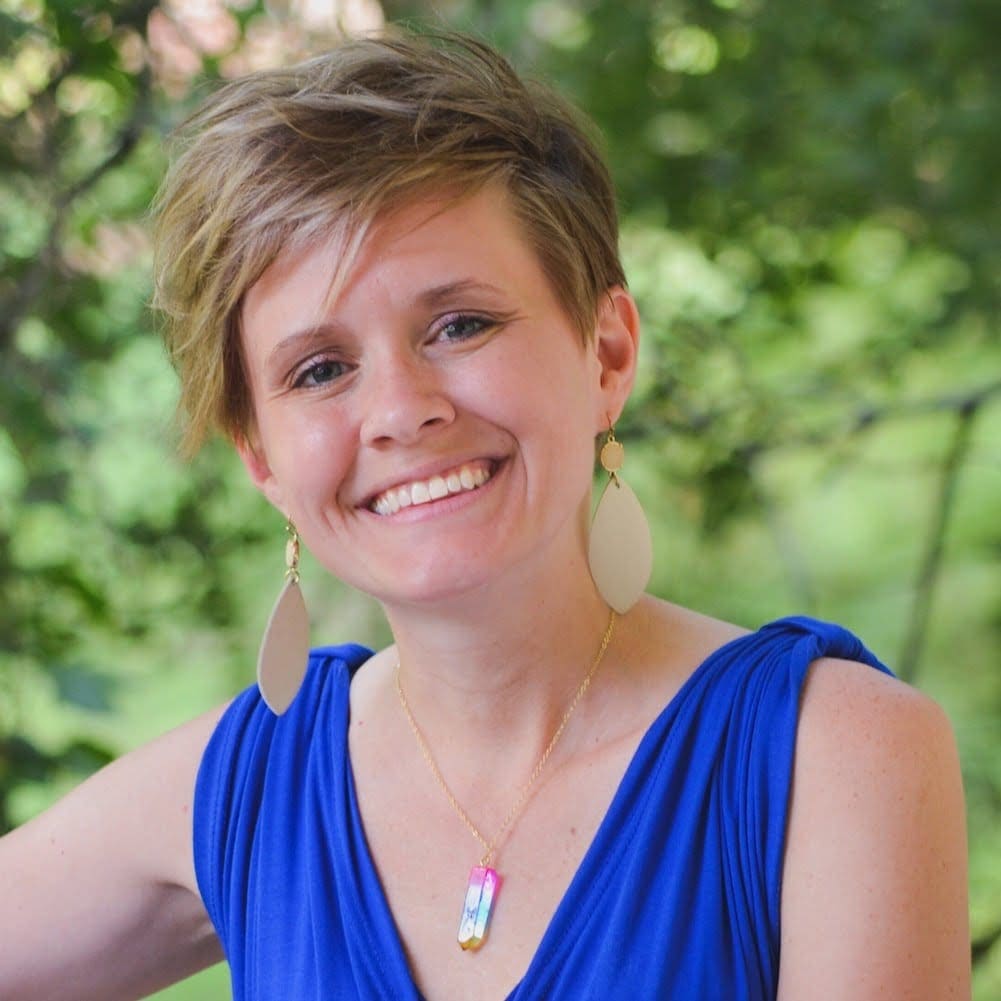Studies show that youth who grow up in religious communities have lower rates of suicidal ideations than youth who do not.
However, for one segment of the population, the statistics are opposite.
LGBTQ persons who mature in religious contexts experience higher rates of suicidal ideation and attempts than LGBTQ persons outside the church, according to research by Jeremy J. Gibbs published in 2015.
In other words, our theology is killing people.
I wish I didn’t have to keep stating the obvious, but this has to stop. Our bad theology has to stop.
Continuing to call same-sex attraction a sin is merely code for not having done your homework. In today’s world, resources on how to interpret the Bible’s very few verses on same-sex relationships are abundant.
Blogs, books, conferences and documentaries abound. To name just a couple: “God and the Gay Christian” by Matthew Vines or “Changing Our Mind” by David Gushee.
The first step to making our churches safe for LGBTQ+ persons is to ensure that we welcome, celebrate and affirm.
The need for full affirmation is not merely my personal opinion. Organizations like the American Psychological Association have been explicit that conversion therapy is not only ineffective but also psychologically damaging.
Anything short of complete affirmation is dangerous to human life, and in the church, that affirmation must be made explicit.
The LGBTQ community is rightly very suspicious of churches. No congregation can be silent and expect to give off a “safe” vibe. If you want to be a safe space, you have to make it obvious in your community that you are one.
This also means the church must stop pretending as if “welcoming but not affirming” is some sort of middle road or stance worth taking. To “welcome” but not affirm is essentially to mislead.
Many scholars – including Derald Wing Sue in his book, “Microaggressions in Everyday Life: Race, Gender and Sexual Orientation” – believe it is easier for marginalized groups to deal with overt forms of bigotry than more subtle ones.
Pretend acceptance is potentially more destructive than deliberate rejection because of the slow way it eats away at a person’s self-esteem.
Second, the church must practice repentance.
It is not our job to open the church’s doors at last. The church belongs to God, and the doors have always been open.
What we must do is repent of anything we may have done – purposefully or inadvertently – to block the way that in Christ has always been open.
In biblical language, repentance means to turn around or to change one’s mind. Do not ask your LGBTQ siblings to defend their identity to you.
Repentance looks like doing your own theological work – not asking those who are already beat up to do it for you. Repent by doing the necessary work to transform your theology from a death-dealing one to a life-giving one.
Repentance means the church must apologize for the harm it is has caused and seek to repair the damage.
Affirmation is just a first step. There is so much more work to be done.
Part of the work is learning about microaggressions and the various ways we unwittingly inflict further pain on the marginalized.
Furthermore, recognize that if your congregation or members of your congregation suffer for taking a fully affirming stance (for example, you are removed from a denominational body), this is what solidarity and the Jesus-way looks like.
What straight allies might suffer for standing in solidarity is only a fraction of the suffering LGBTQ people have endured; we must stop prioritizing the suffering of straight allies over and against the lifelong suffering of the LGBTQ community.
Our calling as Christians is to suffer beside, not to pass by on the other side of the road like the priest and the Levite in the parable of the Good Samaritan.
Third, the church must recognize that all forms of oppression are linked.
To truly do the work of being a safe church, we must address sexism alongside heteronormativity alongside racism alongside classism and so forth.
It seems to me that homophobia and sexism in particular are strongly linked because the LGBTQ community openly defies the categories and “roles” of gender that make sexism possible.
This anti-oppression work is deeply situated in the biblical narrative of God as the liberator of the oppressed.
“The Spirit of the Lord has anointed me to proclaim good news to the poor. He has sent me to proclaim freedom for the prisoners and recovery of sight for the blind, to set the oppressed free, to proclaim the year of the Lord’s favor,” Jesus said, quoting the prophet Isaiah.
We must recognize we are not the liberators, but rather, in our role as oppressors, we are just as much in need of liberation as the oppressed.
Our straight, cisgender privilege has corrupted us, and our own liberation is bound up in the liberation of our LGBTQ family.
In order to be truly safe, a congregation’s leadership – both lay and clergy – ideally ought to be trauma-informed in their approach to ministry.
Not only LGBTQ folks but also many people in our congregations have experienced trauma, including religious trauma, and those of us who lead, guide and shepherd need to understand how trauma affects our people.
For further reading on the topic, I would recommend “A Brief Guide to Ministry with LGBTQIA Youth” by Cody J. Sanders and “Microaggressions in Ministry: Confronting the Hidden Violence of Everyday Church” by Angela Yarber and Cody J. Sanders.
Editor’s note: This article is part of a weeklong series. Previous articles in the series are:
Why Your Church Must Be a Place of ‘Inconceivable’ Inclusivity by Mike Gregg
Finding Common Ground Amid Contentious Debates by Holly Hollman
Why Your Church Should Cultivate Their Queer Imagination by Cody J. Sanders
When You Need Christ’s Love, Leave It to The Samaritans by Paige Hardy
Why Church Volunteers Need Training to Work with Transgender Youth by Justin Joplin
Court Cases Foreshadow Dangerous Times for LGBTQ Equal Rights by Don Holladay
Unsure About Accepting LGBTQ Folks? God Gave You the Keys by Jim Dant
The Experience of Christian Parents of a Christian Gay Child by Greg and Kelly Otis
Crossing Chasm That Seemingly Divides Bible, LGBTQ Loved Ones by Preston Clegg
A spiritual guide, preacher, poet, author, ordained minister and feminist theologian. She is co-host of the Discovering Wholeness podcast, co-founder of Nevertheless She Preached, and author of Thy Queendom Come: Breaking Free from the Patriarchy to Save Your Soul and Preacher Breath.


